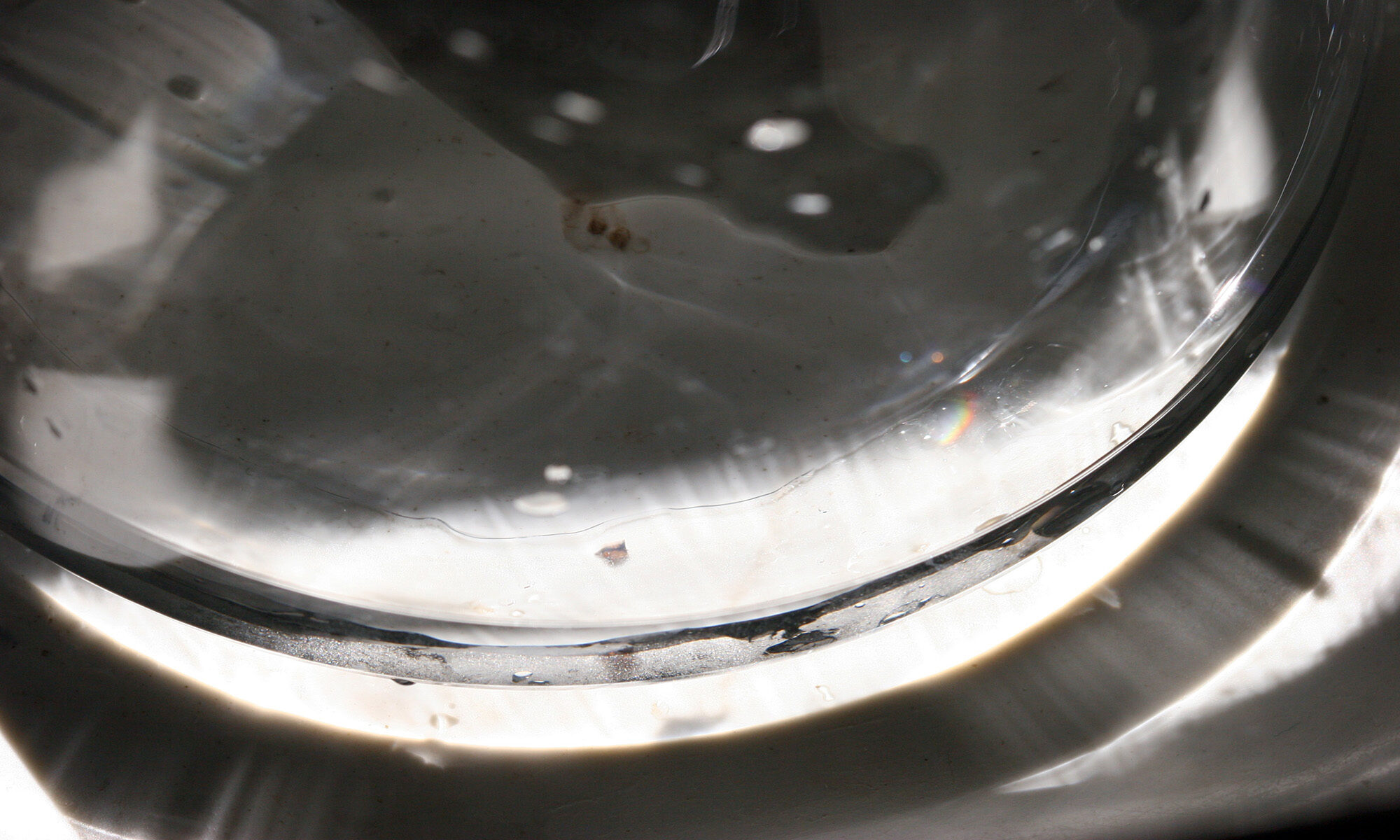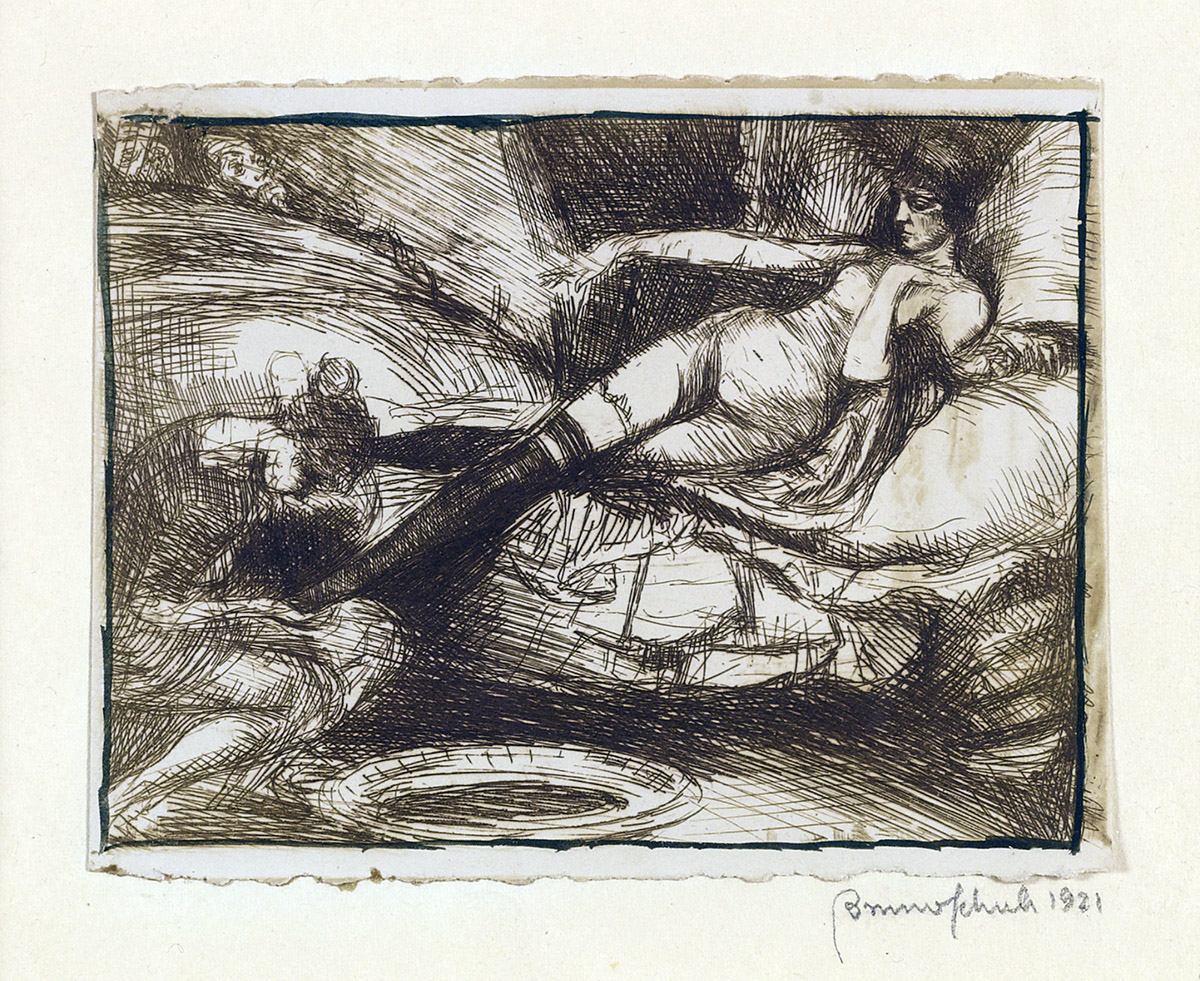MY FATHER kept in the lower drawer of his large desk an old and beautiful map of our city. It was a whole folio sheaf of parchment pages which, originally fastened with strips of linen, formed an enormous wall map, a bird’s eye panorama.
Będziemy wiecznie żałowali, żeśmy wtedy wyszli na chwilę z magazynu konfekcji podejrzanej konduity. Nigdy nie trafimy już doń z powrotem. Będziemy błądzili od szyldu do szyldu i mylili się setki razy. Zwiedzimy dziesiątki magazynów, trafimy do całkiem podobnych, będziemy wędrowali przez szpalery książek, wertowali czasopisma i druki, konferowali długo i zawile z panienkami o nadmiernym pigmencie i skażonej piękności, które nie potrafią zrozumieć naszych życzeń.
Będziemy się wikłali w nieporozumienia, aż cała nasza gorączka i podniecenie ulotni się w niepotrzebnym wysiłku, w straconej na próżno gonitwie.
Nasze nadzieje były nieporozumieniem, dwuznaczny wygląd lokalu i służby — pozorem, konfekcja była prawdziwą konfekcją, a subiekt nie miał żadnych ukrytych intencji. Świat kobiecy ulicy Krokodylej odznacza się całkiem miernym zepsuciem, zagłuszonym grubymi warstwami przesądów moralnych i banalnych pospolitości. W tym mieście taniego materiału ludzkiego brak także wybujałości instynktu, brak niezwykłych i ciemnych namiętności.
Ulica Krokodyli była koncesją naszego miasta na rzecz nowoczesności i zepsucia wielkomiejskiego. Widocznie nie stać nas było na nic innego, jak na papierową imitację, jak na fotomontaż złożony z wycinków zleżałych, zeszłorocznych gazet.
Hung on the wall, the map covered it almost entirely and opened a wide view on the valley of the River Tysmienica which wound itself like a wavy ribbon of pale gold, on the maze of widely spreading ponds and marshes, on the high ground rising towards the south, gently at first, then in ever tighter ranges, in a chessboard of rounded hills, smaller and paler as they receded towards the misty yellow fog of the horizon. From that faded distance of the periphery, the city rose and grew towards the centre of the map, an undifferentiated mass at first, a dense complex of blocks and houses, cut by deep canyons of streets, to become on the first plan a group of single houses, etched with the sharp clarity of a landscape seen through binoculars. In that section of the map, the engraver concentrated on the complicated and manifold profusion of streets and alleyways, the sharp lines of cornices, architraves, archivolts and pilasters, lit by the dark gold of a late and cloudy afternoon which steeped all corners and recesses in the deep sepia of shade. The solids and prisms of that shade darkly honeycombed the ravines of streets, drowning in a warm colour here half a street, there a gap between houses. They dramatized and orchestrated in a bleak romantic chiaroscuro the complex architectural polyphony.
Continue reading “The Street of Crocodiles”

